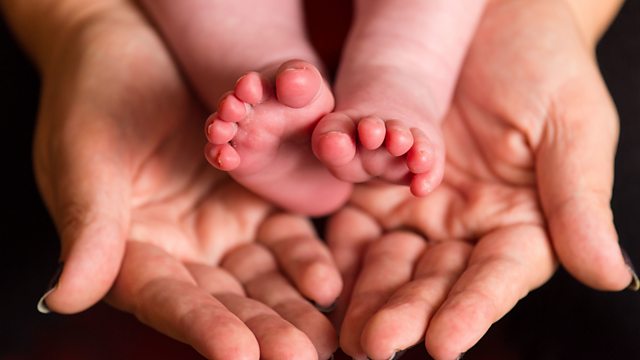Can Europe reverse its falling fertility rates?
How can people be encouraged to start a family?
Across the world fertility rates are falling and for the first time Europe is experiencing a sustained population decline. The average fertility rate for the European Union is 1.53 live births per woman. In Italy the fertility rate has remained low for the last thirty years, with an average 1.3 births per woman.
Some governments, who are concerned that not enough people are being born to keep their economies functioning in the long term are spending billions on incentives and policies to try and reverse the trend. But even in the Nordic countries, which are noted for some of the best family focused policies, these are proving ineffective against a markedly high drop in fertility rates over the last decade.
Society’s attitudes on when or whether to start a family are shifting, so does this mean that we need to change the way we approach the issue or even adapt to a future with fewer people?
On this week’s Inquiry, we’re asking ‘Can Europe reverse its falling fertility rates?’
Contributors:
Anna Rotkirch, Research Director, Population Research Institute, The Family Federation of Finland, Helsinki
Michael Herrmann, Senior Advisor on Economics and Demography, United Nations Population Fund (UNFPA), Turkey
Arnstein Aassve, Professor of Demography, Political Science Centre, Bocconi University, Milan, Italy
Tomas Sobotka, Deputy Director, Vienna Institute of Demography, Austrian Academy of Sciences
Presenter: Charmaine Cozier
Producer: Jill Collins
Journalism Researcher: Matt Toulson
Editor: Tara McDermott
Technical Producers: Nicky Edwards and Toby James
Production Co-ordinator: Liam Morrey
Image Credit: PA via �鶹�� Images
Last on
More episodes
Broadcasts
- Thu 22 Feb 2024 08:06GMT�鶹�� World Service
- Thu 22 Feb 2024 15:06GMT�鶹�� World Service except East and Southern Africa & West and Central Africa
- Thu 22 Feb 2024 18:06GMT�鶹�� World Service East and Southern Africa & West and Central Africa only
- Thu 22 Feb 2024 23:06GMT�鶹�� World Service except East and Southern Africa & West and Central Africa & �鶹�� Afghan Radio
- Sat 24 Feb 2024 19:06GMT�鶹�� World Service except East and Southern Africa & West and Central Africa
- Sun 25 Feb 2024 12:06GMT�鶹�� World Service East and Southern Africa & West and Central Africa only
Podcast
-
![]()
The Inquiry
Getting beyond the headlines to explore the forces and ideas shaping the world


